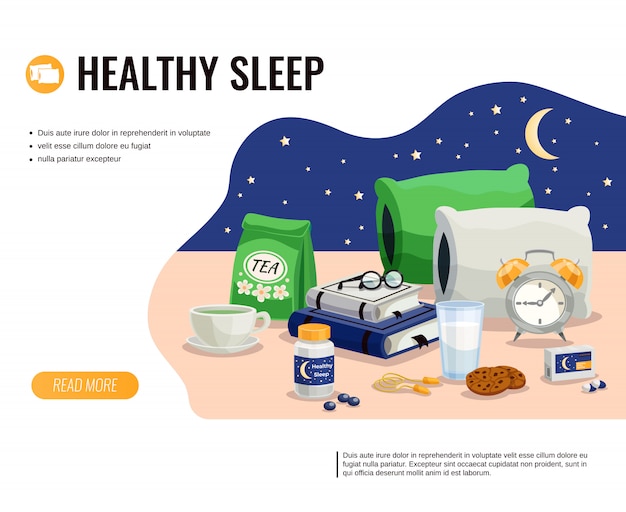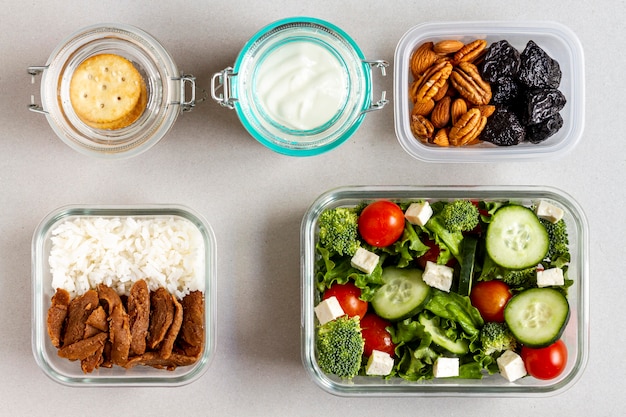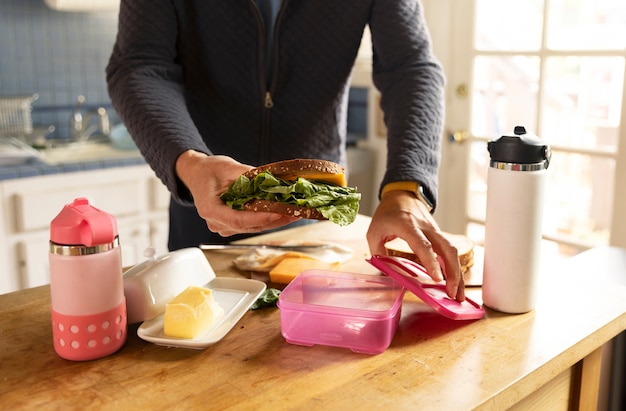For runners, performance isn’t just built on miles—it’s also shaped in the kitchen and the bedroom. Quality sleep and proper nutrition go hand in hand, especially when it comes to recovery, endurance, and injury prevention. Yet, between early training sessions and busy schedules, many runners overlook one powerful tool: weekly meal prep.
This guide offers a practical, equipment-light approach to meal prepping that supports better sleep and enhances running performance. With flexibility built in, tracking tips, and motivation cues, it’s designed for real life—not a perfect kitchen or rigid routine.
What you eat directly impacts your sleep quality. Foods rich in magnesium, tryptophan, complex carbohydrates, and healthy fats help regulate melatonin and serotonin—key hormones for restful sleep. Poor sleep, in turn, affects running performance by reducing glycogen storage, slowing recovery, and increasing perceived effort.
Meal prepping ensures you have sleep-supportive foods on hand, reducing late-night cravings and blood sugar spikes that disrupt sleep. For runners, this means waking up refreshed and ready to train consistently.

You don’t need a professional kitchen to prep effectively. Here’s what you really need:
With just these basics, you can prepare a week’s worth of meals in under two hours.
Flexibility is key—especially for runners whose schedules and appetites vary. This blueprint focuses on components, not rigid recipes.
Mix and match components daily. Monday’s dinner might be quinoa, chicken, and roasted veggies; Tuesday’s could be a grain bowl with tofu and steamed greens.

Tracking helps you stay consistent and notice patterns. Try these simple methods:
Use a notebook or a simple app. The goal isn’t perfection—it’s awareness.
Motivation fades. Cues keep you going. Try these:
Breakfast: Oats with banana, chia seeds, and almond milk.
Lunch: Quinoa bowl with grilled chicken, spinach, roasted sweet potato, and olive oil.
Snack: Apple with a tablespoon of peanut butter.
Dinner: Baked salmon, brown rice, and steamed broccoli.
Evening Snack (1–2 hours before bed): Greek yogurt with a drizzle of honey and a few walnuts.
You don’t need to prep every meal perfectly. Even preparing two key components—like grains and proteins—can reduce decision fatigue and support better sleep and running.
Focus on progress, not perfection. Let flexibility be your ally. When you fuel your body with intention, your runs improve, your sleep deepens, and your overall well-being rises—one prepped container at a time.

Wellness

Wellness

Wellness

Wellness

Fitness

Fitness

Fitness

Fitness

Fitness

Fitness

Wellness

Fitness

Health

Fitness

Health

Health